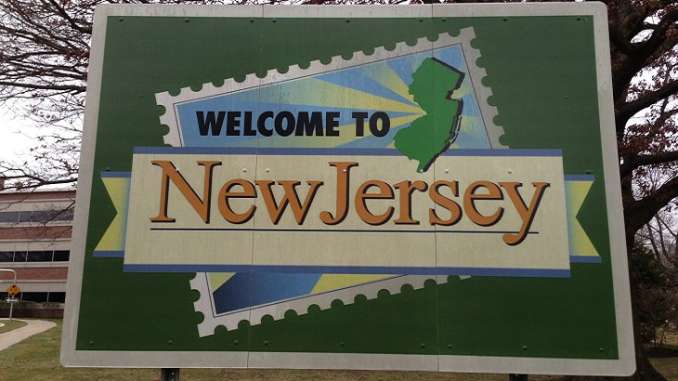New Jersey patients set to benefit from cheaper medical cannabis
Lawmakers in New Jersey are committed to reducing the cost of medical cannabis for qualified state residents, with the Senate Health Committee recently approving a new bill — S3799.
The measure flew through an Assembly committee, before being passed by the Senate on Thursday, June 10.
People who stand to benefit from the Senate-approval of S3799, include New Jerseyans who are registered with financial assistance programs for children, crime victims and seniors.
Specifically, S3799 “allows costs of medical cannabis to be reimbursed by Catastrophic Illness in Children Relief Fund, PAAD, Senior Gold and VCCO.”
“The cost of medical cannabis, for some people, it’s just not within reach,” said the bill’s sponsor, Sen. Joe Vitale, during the hearing. “In most cases, this would be someone who would qualify because of financial reasons or because of an injury they suffered.”
What does New Jersey’s medical cannabis bill entail?
S3799 was introduced on May 20 and has now been referred to the Senate Budget and Appropriations Committee for further deliberation. The bill, if enacted into law, would make the cost of medical cannabis eligible for compensation as a crime victim. Furthermore, New Jersey’s medical cannabis bill would make it compulsory for the following funds to cover medical cannabis expenses:
- Catastrophic Illness in Children Relief Fund
- Pharmaceutical Assistance to the Aged and Disabled (PAAD) program
- Senior Gold Prescription Discount Program
- Victims of Crime Compensation Office (VCCO)
Each of the aforementioned funds would help to cover the cost of medical cannabis in New Jersey. Nonetheless, the entirety of costs would not be covered. Once a patient has maxed-out his or her personal expenses, or has paid a copay, dispensaries would be reimbursed by the PAAD and senior programs.
A 30-day limit could be set on the amount of cannabis that patients who are eligible for the PAAD and Senior Gold programs could receive. The Cannabis Regulatory Commission and human services commissioner is expected to decide on whether or not a limit will be imposed.
Currently, since the plant has not yet been legalized at the federal level, health insurance does not cover the costs of medical cannabis in New Jersey. The state is renowned for charging medical cannabis patients some of the highest costs in the country; the average price of an ounce of pharmaceutical-grade weed varies from $350 to $500.
Sky-high price tags have been attributed to the delayed expansion of New Jersey’s medical cannabis program amid growing demand for plant-based therapies.
Worker in New Jersey is dismissed for consuming medical cannabis in his free time, lawsuit claims
Meanwhile in New Jersey, a local man has filed a lawsuit against his former employer. Jamal Campbell, who filed suit in April against Watco Companies and Watco Transloading LLC in the U.S. District Court, claims that the company cut his contract short after discovering that he had consumed prescribed cannabis during out-of-office hours.
The state resident is suing his former employer for violating the Jake Honig Compassionate Use Medical Cannabis Act and the state Law Against Discrimination.
Campbell’s argument coincides with the evolution of drug testing policies in New Jersey, which is working hard to stay abreast of evolving legal cannabis laws.
However, the medical cannabis patient’s legal battle contends that, even before legalization was enacted, the state’s medical cannabis law should have safeguarded him from job termination.
In 2020, New Jersey’s top court ruled that employees cannot legally dismiss medical cannabis patients for using the plant, so long as they use it off the clock. Based on the court ruling, the Law Against Discrimination shields workers from being fired.








